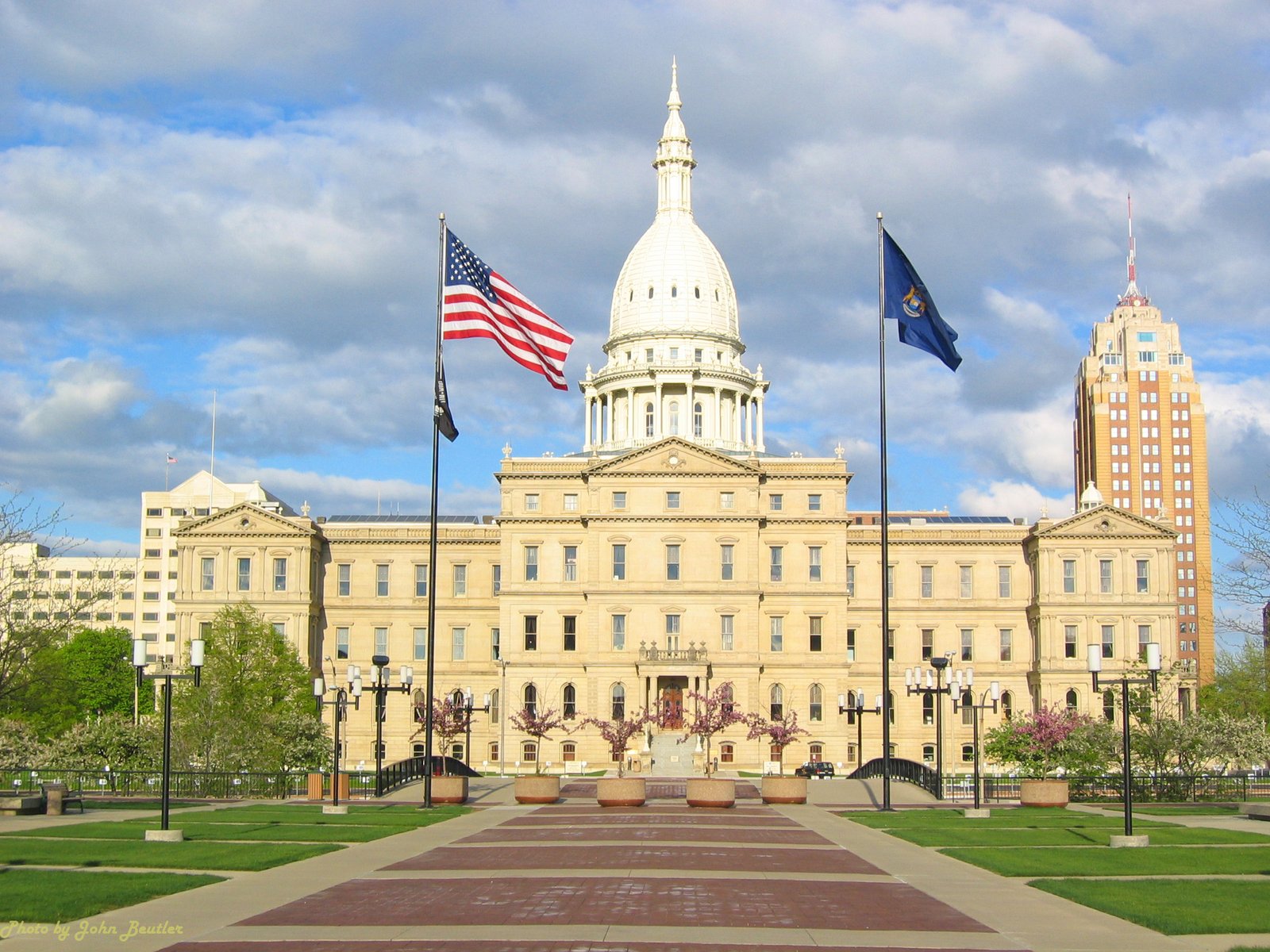The Michigan Cannabis Regulatory Agency is asking the state Legislature for help addressing black-market growing and selling of marijuana.
At the agency’s most recent public meeting, regulators said they need more authority to address illicit activity in the cannabis market, unreliable and fraudulent testing results that companies have submitted to the agency, and an increase of intoxicating — but unregulated — hemp-derived products, Michigan Public Radio Reports
During the September 4 meeting in Lansing, the regulatory agency’s executive director, Brian Hanna, showed a product he said was sold at a Michigan liquor store but had three times as much THC as a regulated marijuana product could have. Hanna said it’s legal though, through a loophole in the 2018 Farm Bill, which legalized hemp production for commercial and industrial use. That exemption allows for unregulated hemp products to be sold without age or labeling restrictions, said Hanna.
The market has changed dramatically since that farm bill took effect, Cannabis Regulatory Agency spokesperson David Harns told Michigan Public in an interview. He highlighted the urgency of state action.
“It’s been turned into a market where they can convert non-intoxicating cannabinoids into intoxicating ones and sell them under the guise of hemp,” Harns said. “And so the fact that you can get those at the gas station or you can get them in unregulated spaces is concerning.”
The Cannabis Regulatory Agency’s 2024 budget included $2.8 million to build and equip a Cannabis Reference Lab. At the agency’s meeting last week, Hanna said the lab would ensure test accuracy, conduct investigations, and advance cannabis science.
But there’s a legal hurdle still: The agency needs permission to possess marijuana at the lab. A bill introduced in May would allow that, but it hasn’t advanced beyond a committee referral.
Harns said the bill should become law, because marijuana businesses are currently under pressure to lab-shop, meaning they submit products to multiple testing labs and only use the most favorable results. He said a centralized reference lab would be better able to enforce the state’s rules.
Read the rest of this story at Michigan Public Radio







